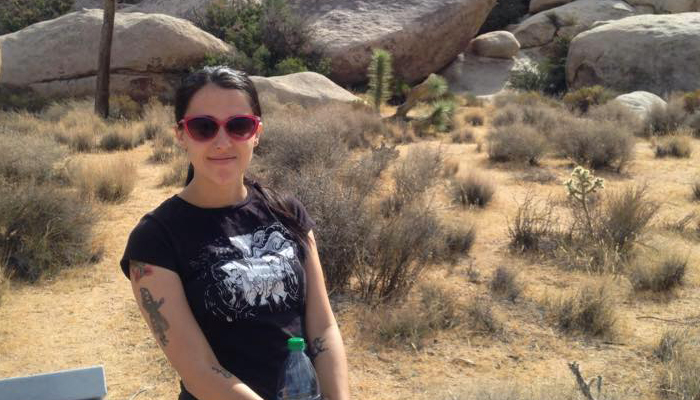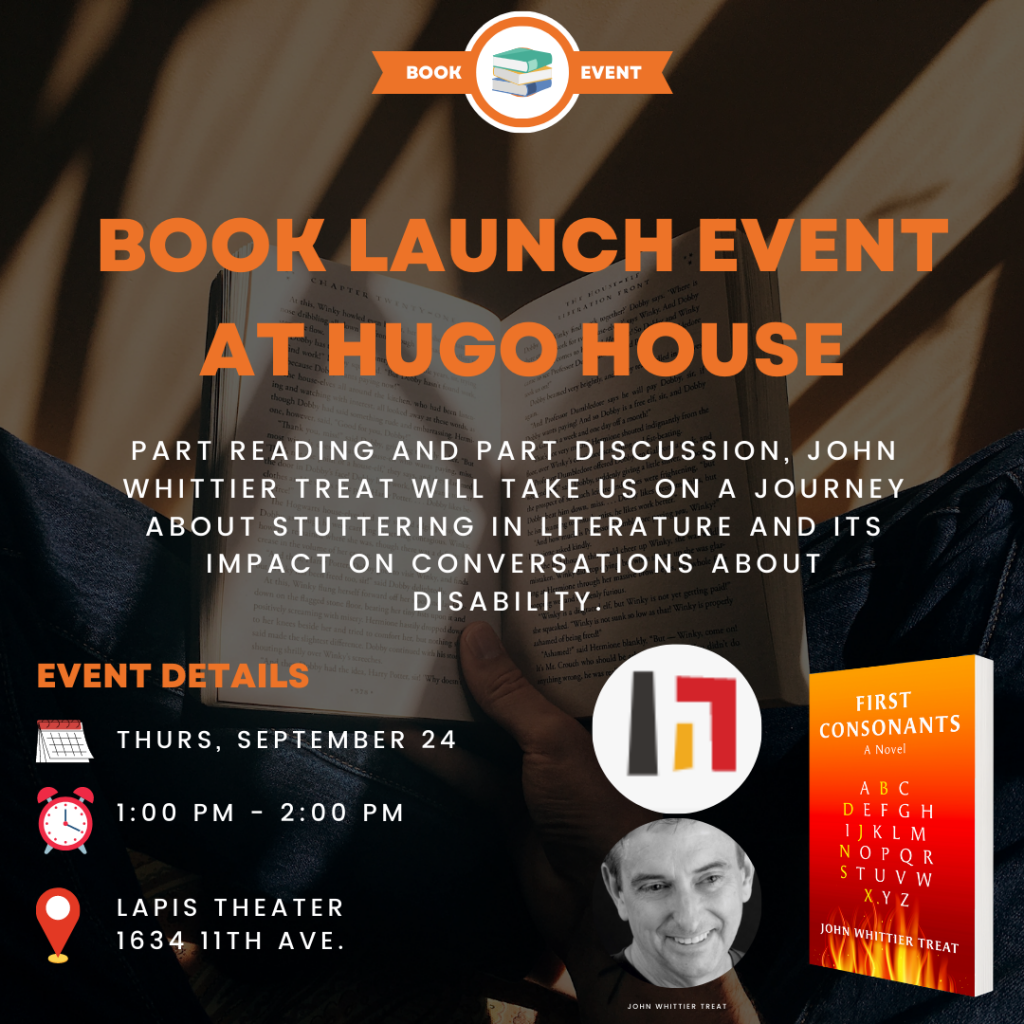I’m a typical obsessive-compulsive writer with a lot of insecurity so I usually end my assertions with the question: “Does that make sense?” It’s tiring to second guess myself all the time. Like recently during a writing workshop I attended in Queretaro, Mexico. While I was eating gummy bears and wasting time on the Internet instead of writing a story like I should have been, I suddenly saw myself objectively: Picking up each color-coded gummy bear in a row, talking to it, then biting its head off maniacally. This made me think of what the gummy bear would say if it could talk, maybe one down the line waiting for its turn while it watched its friends be subjected to my strange torture.
I immediately began writing a flash fiction piece from the point of view of the gummy bear. For the first 500 words or so, I was in the zone. I was a genius and I was thoroughly enjoying myself. Soon thereafter, I hit a wall — that familiar wall of insecurity. This is not unusual for me, it always happens after the first short spurt of writing freely. But this time, I was irritated. I liked this gummy bear story — it had potential! I tried pushing on, writing the story in spite of the wall, but it wasn’t going anywhere.
Feeling inadequate as a writer led to feeling inadequate as a person — it was the same every time. Many times during the workshop, I was forced to confront that feeling and admit it to others. Everyone told me it was normal for writers, no matter how long they’ve been doing it. The reassurance provided little comfort. Even with all the practice, I still don’t know how to navigate the muddy waters of insecurity and come out clean on the other side.
When this feeling takes hold, it’s physically debilitating. I lie in bed not moving for hours. In my mind, I dissect every story I ever wrote, every sentence I’ve ever constructed. I replay conversations, emails, and texts, wondering if I expressed myself eloquently enough.
Even when well-meaning people in the workshops read my work and tell me that I have the start of something good, that I should keep going, I stop myself from believing them. If I express this pervasive sense of insecurity, people offer encouraging words, perhaps a hug, sometimes a shot of whiskey or a bit of candy to perk me back up.
It’s never enough. After starting then stopping the gummy bear story, I felt that familiar paralysis. I wasn’t able to text my usual circle of people. I didn’t feel comfortable burdening the new friends I’d made in workshop. The one person I thought I might be able to talk to at that moment was my workshop leader, but even that proved impossible. I felt trapped in my room.
I don’t know how it happened, what the exact catalyst was, but soon after it changed. The tumblers in my head clicked and I had the grand epiphany: It just doesn’t matter!
The insecurity doesn’t matter. The wall doesn’t matter. None of that nonsense matters. I just have to write. I have to write because I feel compelled to in my bones and nothing will make sense until I attempt to write what I feel.
None of this is news to me. I’ve been told many times that insecurity is normal. Feeling like you suck happens — push through anyway. But hearing this and feeling it are entirely different things. I can be in a rotten mindset that people are trying to help me out of, but until I truly want to help myself, I will not get free. This was a big deal because it was the first time in my writing life that I felt that I had to push through, no matter what.
Insecurity will always be there. The visceral realization that I have to push through no matter what will come again, but there’s something about the first time that is unmistakably special. Even knowing and accepting that this process will keep happening is somehow comforting. It feels like the first baby step in a long journey of being able to handle the hard work, pain, rejection, and (hopefully) rewards that inevitably come with being a writer.
One of my closest friends (and a writer whose skills I greatly admire) told me something once when I was down about my technical skills as a writer: You can teach someone how to correctly use a comma, but you can’t teach someone how to have a creative idea. The stories that I create come from my experience and my gut. They are unique to me and only I can express them in the way that I will.
Whether you think the writing is good doesn’t matter. Just write what you feel and sort the rest out later. Does that make sense?





